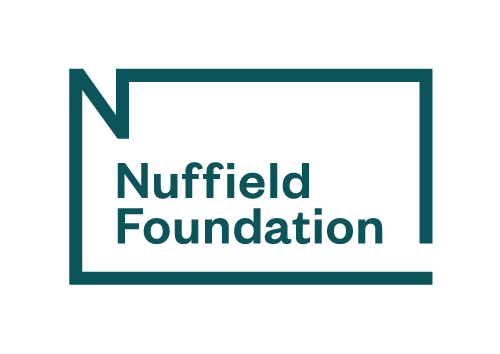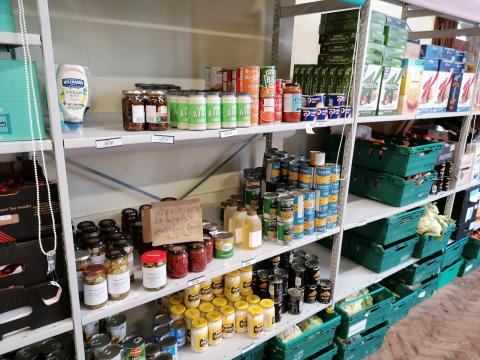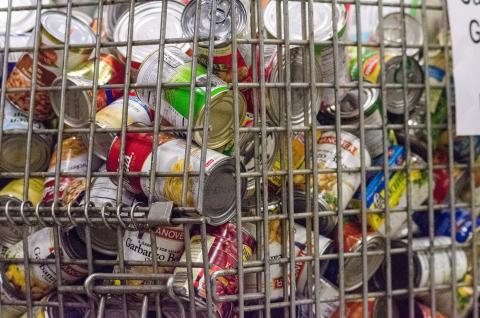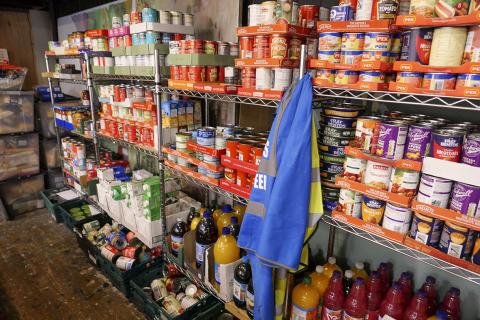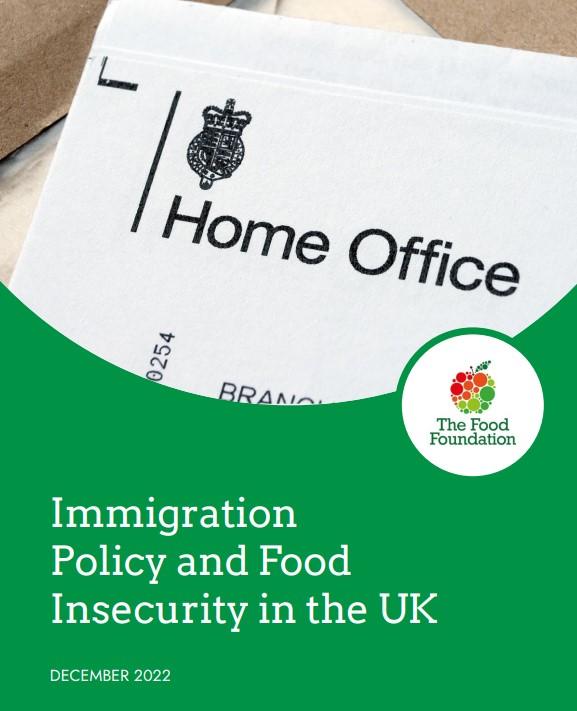
Immigration Policy and Food Insecurity in the UK
This briefing explores the challenges experienced by families with children who have No Recourse to Public Funds (NRPF) conditions attached to their immigration status in how they can afford and access food. It also investigates the role of support services and factors impacting their ability to help those in need and offers solutions for local authorities and the Government to address these issues.
The findings indicate living with NRPF can be characterised as a perpetual indeterminate state of uncertainty, hostility and hardship. People are having to engage with an inflexible and demanding immigration system to obtain 'leave-to-remain' and/or citizenship, therefore necessitating ongoing intervention and support from charities and advocacy groups. The uncertainty can often last years, leaving families in destitution with little income and poor housing, unable to afford or access sufficient amounts of quality food. The families who took part in this research have been living in the UK with NRPF for between six months and 17 years with devastating effects on their quality of life and physical and mental health.
This research was commissioned by The Food Foundation as part of a three-year project called ‘Changing the Story of Dietary Inequality’, which aims to re-shape the public narrative, develop evidence and inspire action from policymakers on dietary inequalities in children across the UK.

Key findings
For many families with NRPF, food becomes a secondary priority in the face of more urgent threats:
A complex and lengthy immigration system, with a devastating impact on families' mental health.
Financial instability and poverty, from low wages or not having the legal right to work, which means families cannot afford to buy enough of the food they want or need.
Living in insecure and poor quality housing, often with unsuitable or no kitchen facilities.

